MIM produces a wide range of high performance, complex shaped parts that require little to no machining. Due to the high final density, MIM products have the same characteristics as other manufacturing routes. Materials have special flexibility because the same equipment can be used to produce metals (steel, stainless steel, tungsten composite, titanium), ceramics (i.e. alumina and zirconia, but also some silicon nitride) and cermet (tungsten carbide and other materials) wear resistant materials
Secondary benefits include high equipment productivity, high material utilization, good surface finish, and good tolerances. For example, you can choose to produce both internal and external threads in molded parts, thereby avoiding machining. In addition, sawteeth, part identification numbers and badges can be molded directly into the assembly. An example is shown where a sawtooth for gripping is molded directly into a component. Controlling pores is possible, and even layered pores or phases can provide custom functionality.
Performance comparison
In most cases, the strength and hardness of MIM products are fairly similar to their forged products, and in some cases even stronger. Composition, density, elastic modulus, and similar properties are very similar to those found through other manufacturing routes. For example, the tensile properties of the forged and MIM Inconel 718 superalloy are compared as follows:
Forging typical yield strength = 760 MPa (110 ksi)
Typical yield strength of MIM = 1055 MPa (153 ksi)
Similarly, the ultimate tensile strength and elongation at break of MIMs are attractive compared to forged materials. In fact, the MIM elongation is almost 6 times the minimum specified for the forged material. There are some exceptions to fracture toughness among other property comparisons, such as magnetic, optical, corrosion, biocompatibility, elastic or inertial properties, so appropriate testing is recommended for situations where impact or crack growth is a problem.
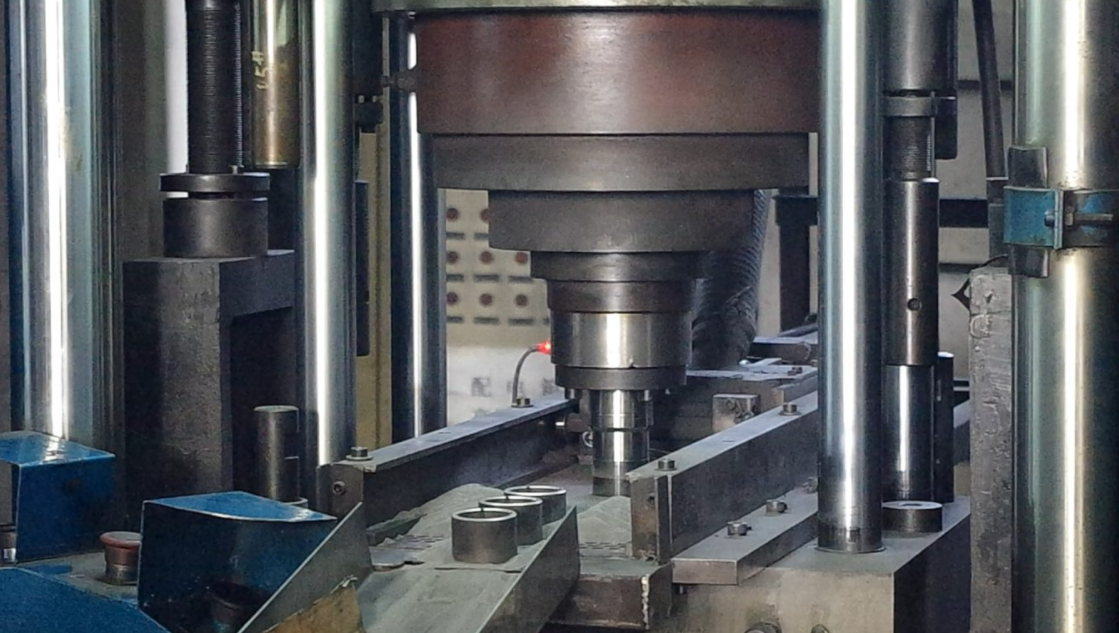

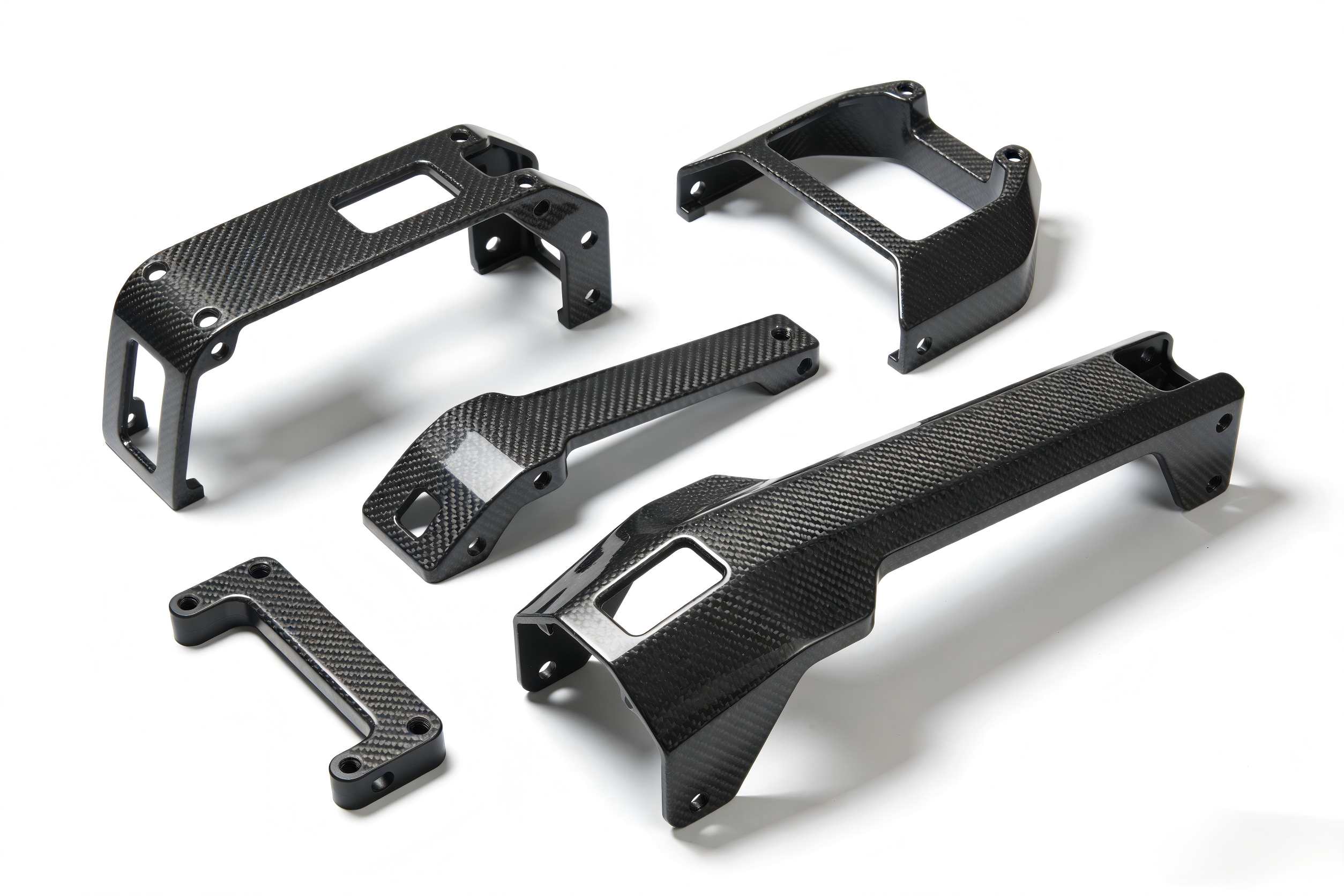
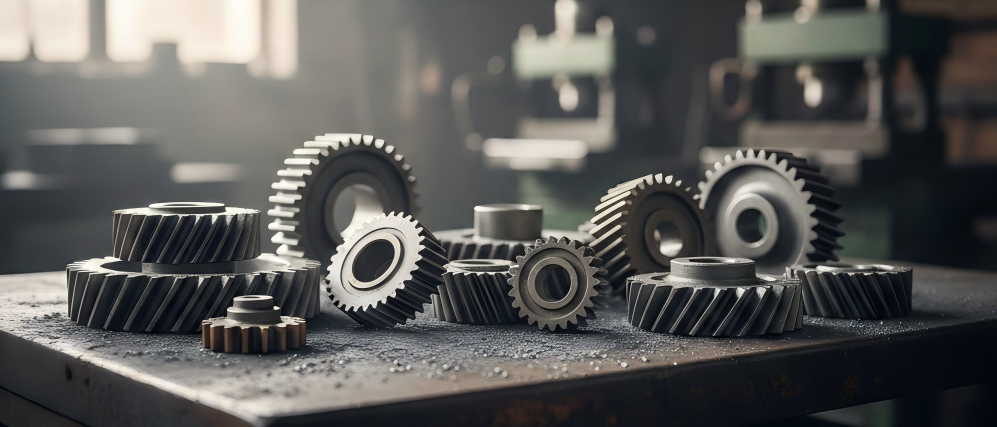

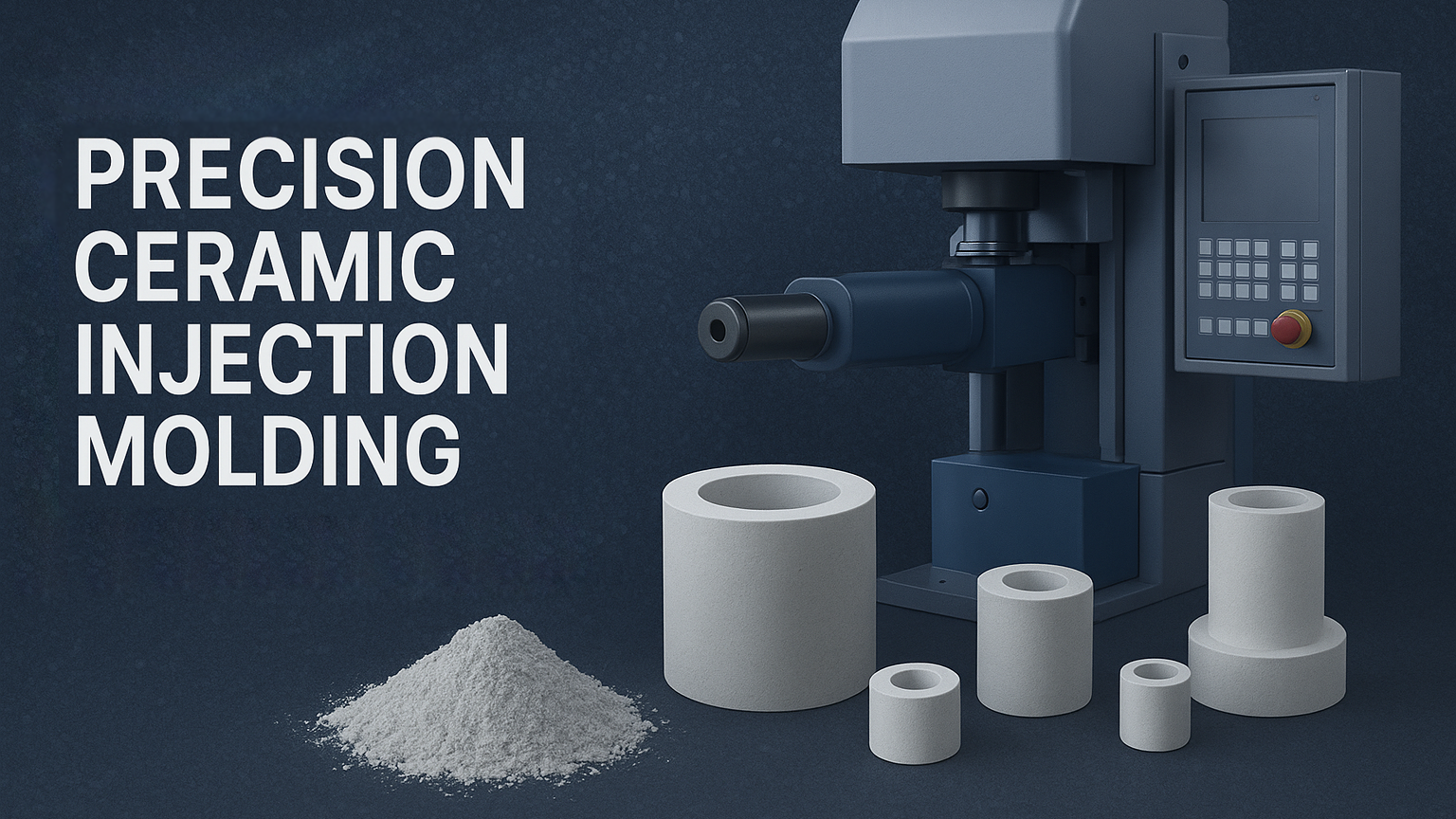
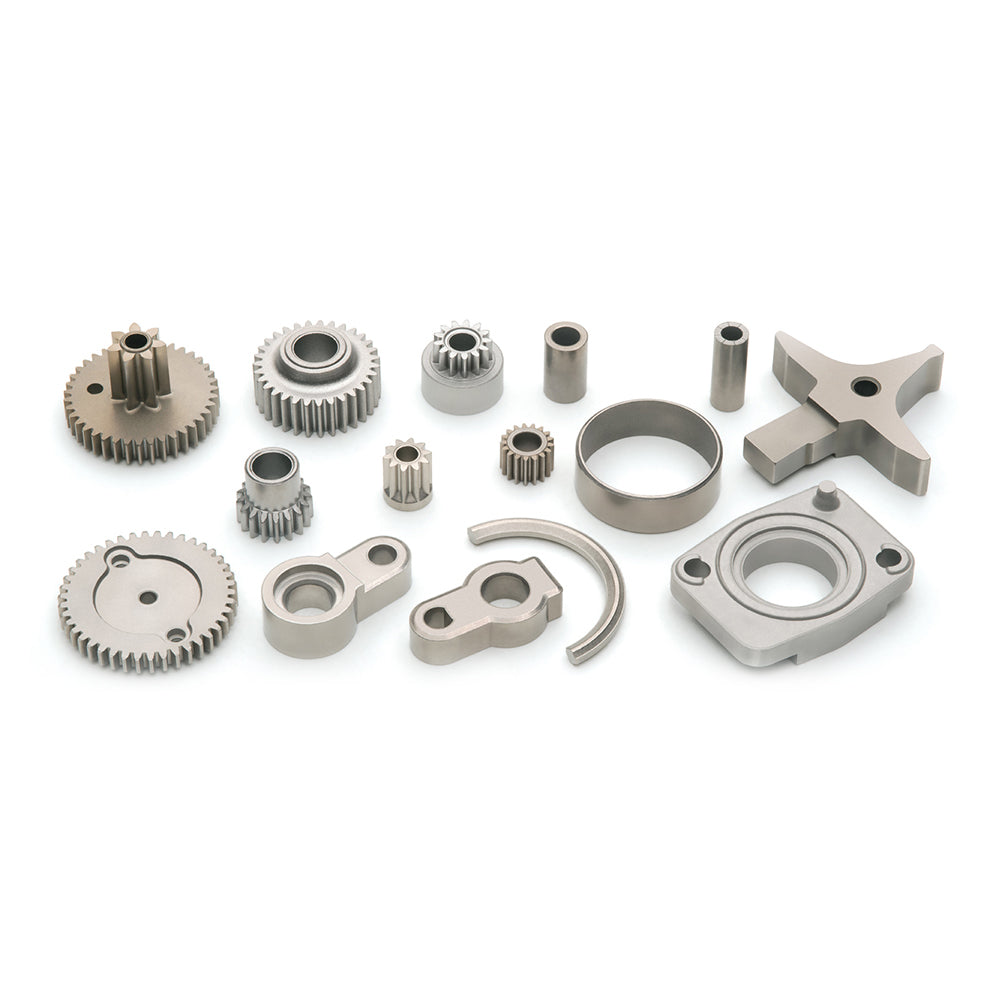
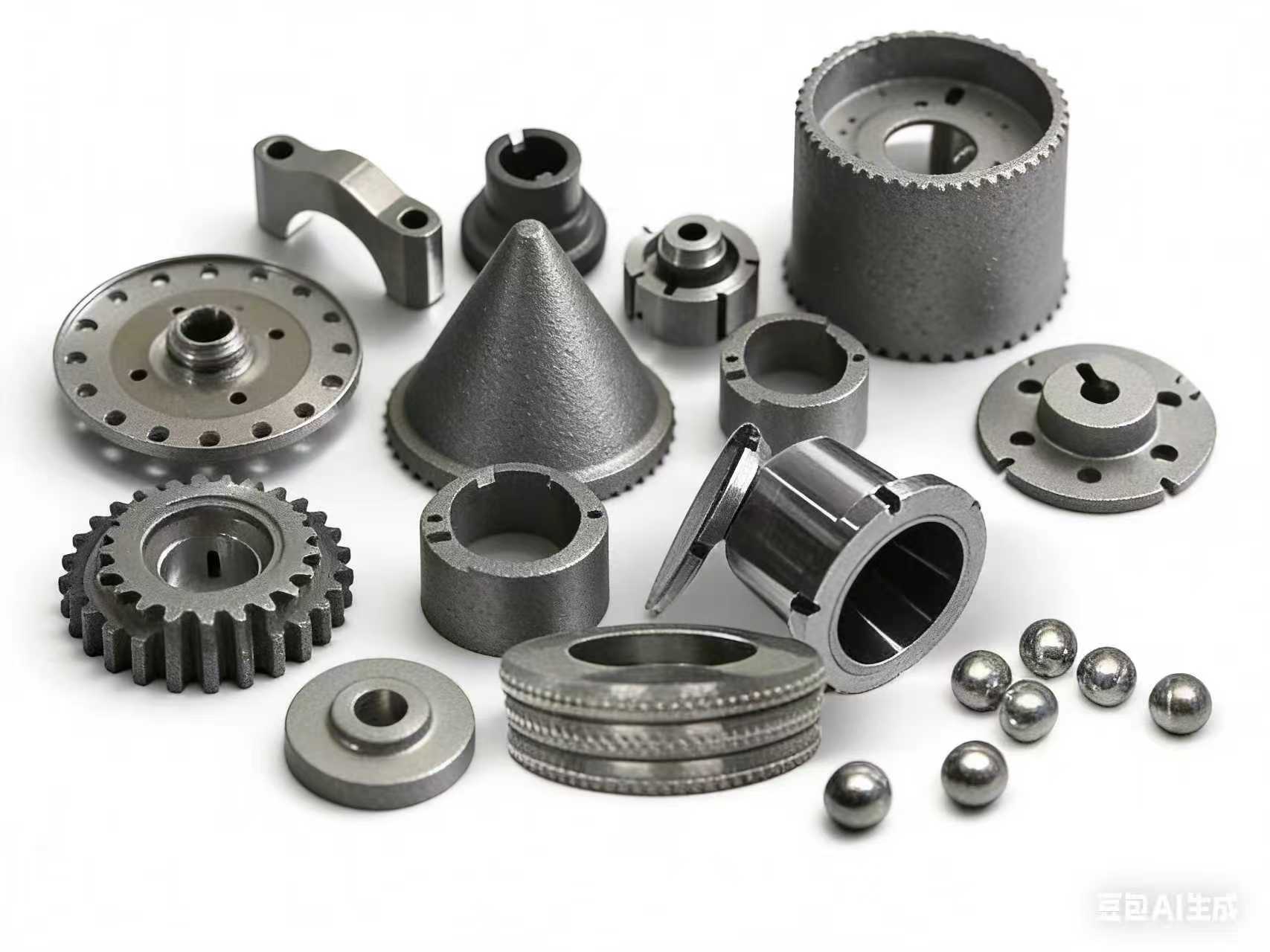
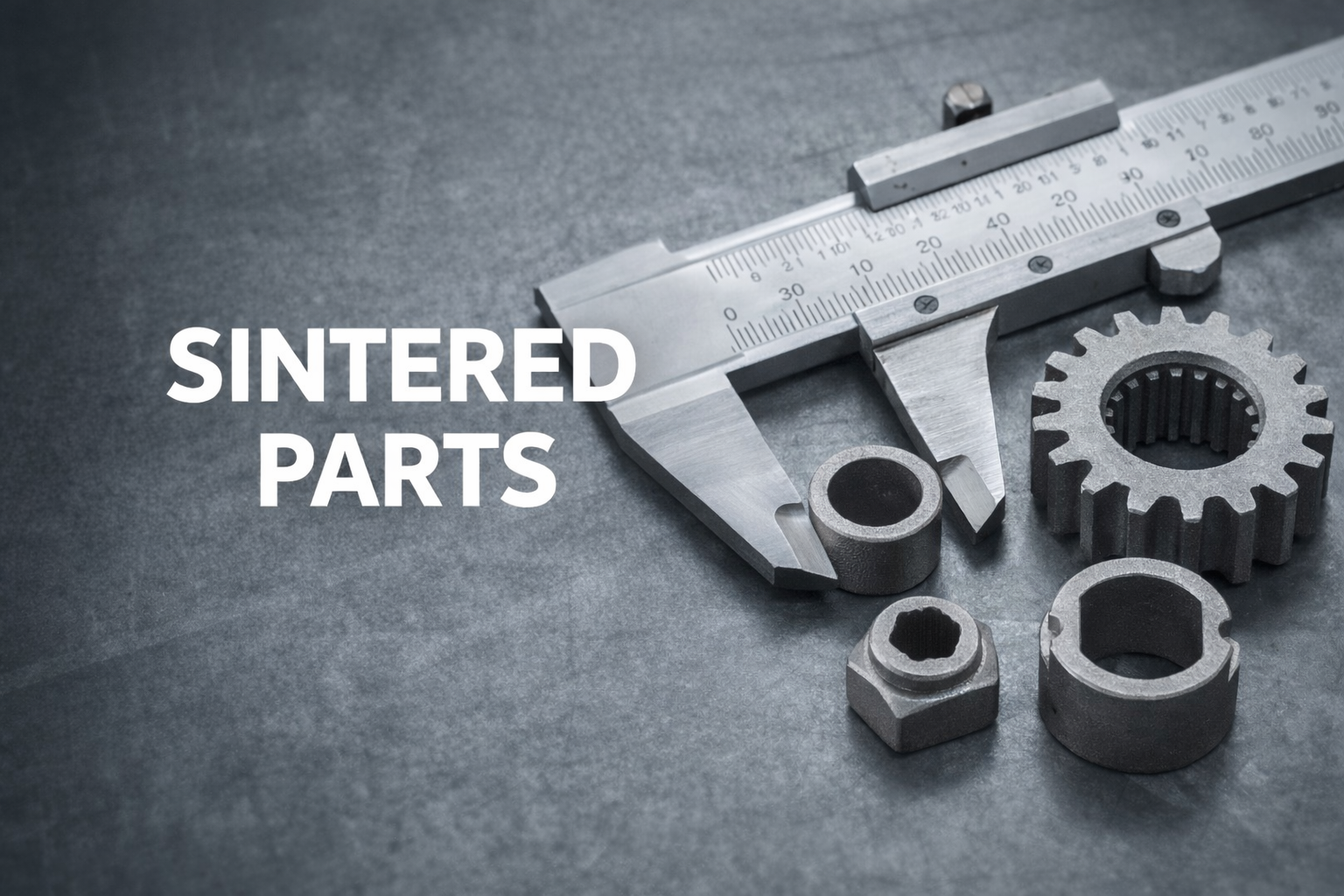
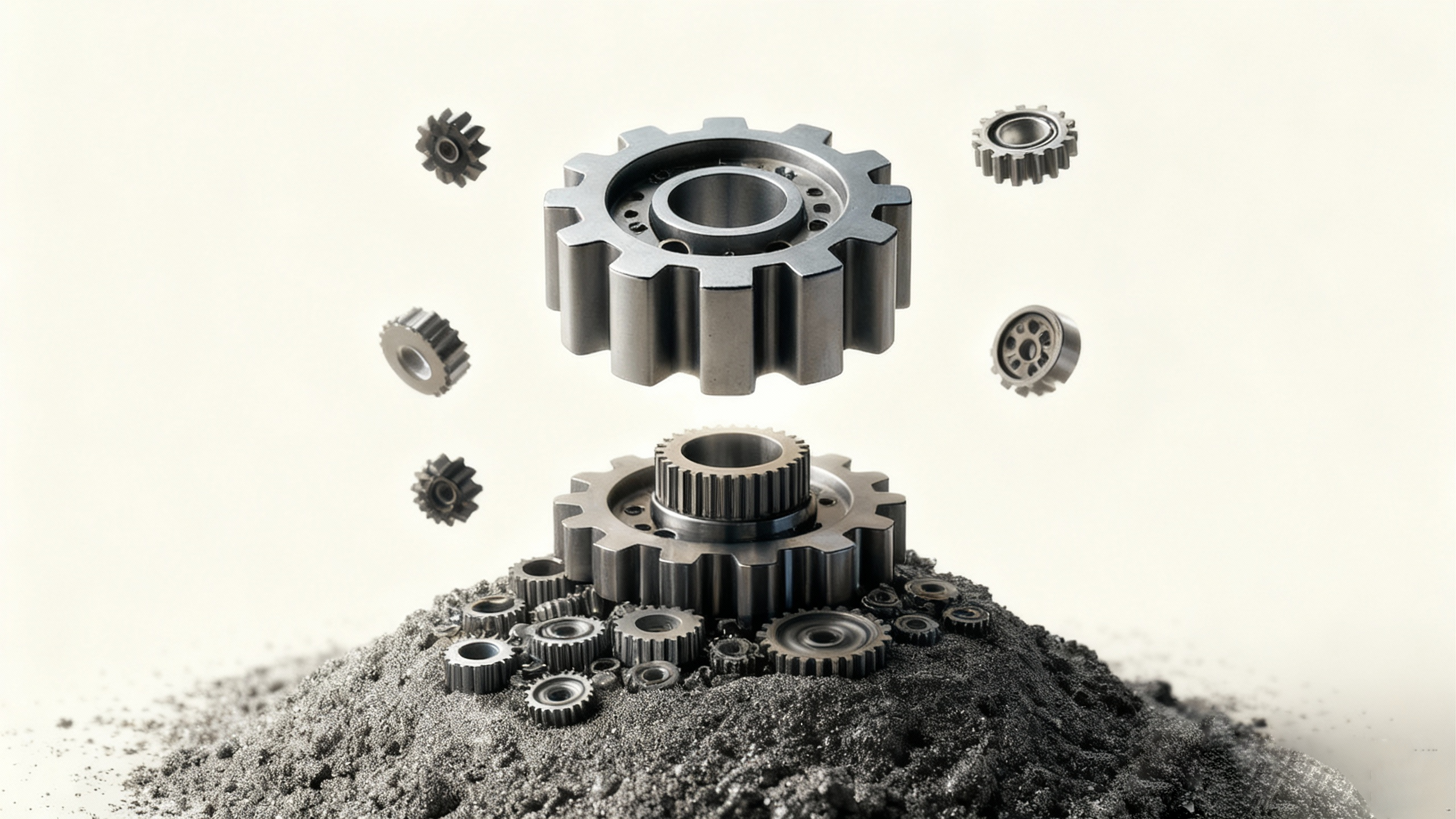
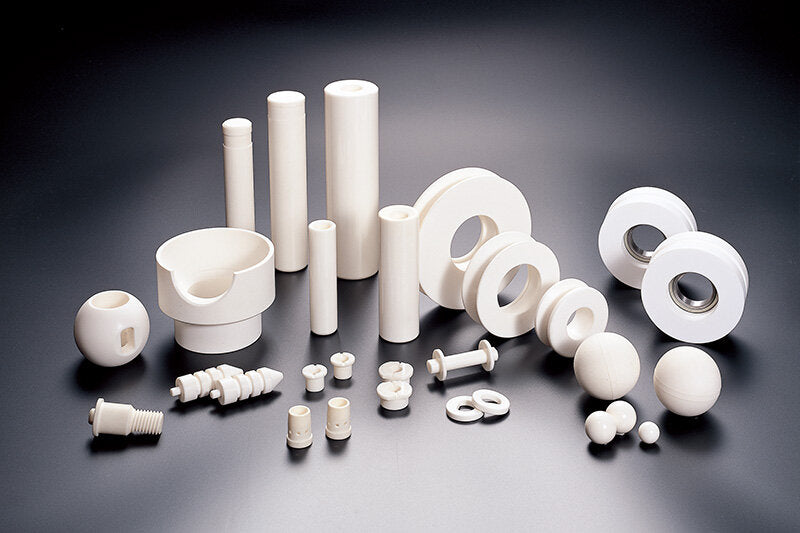
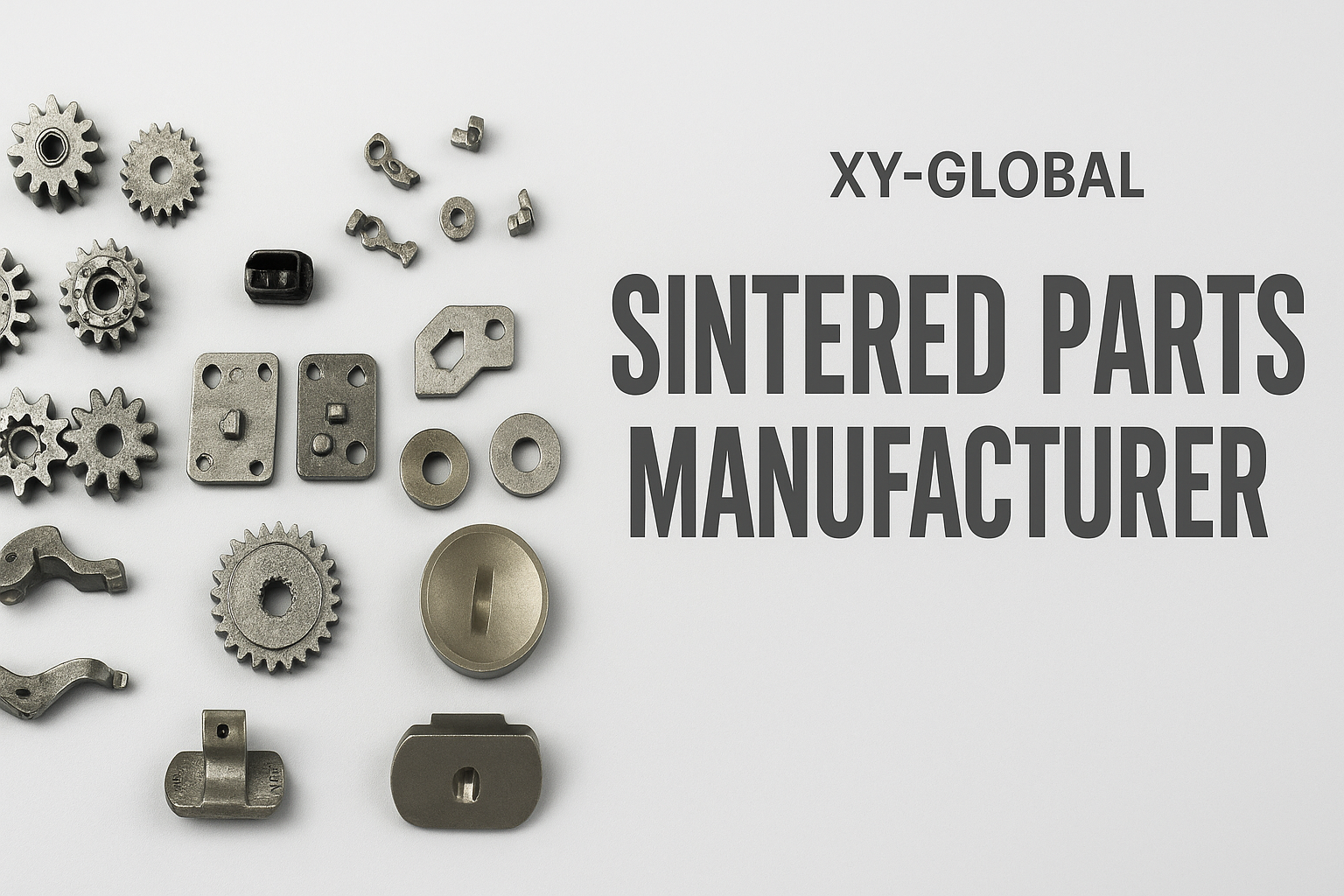
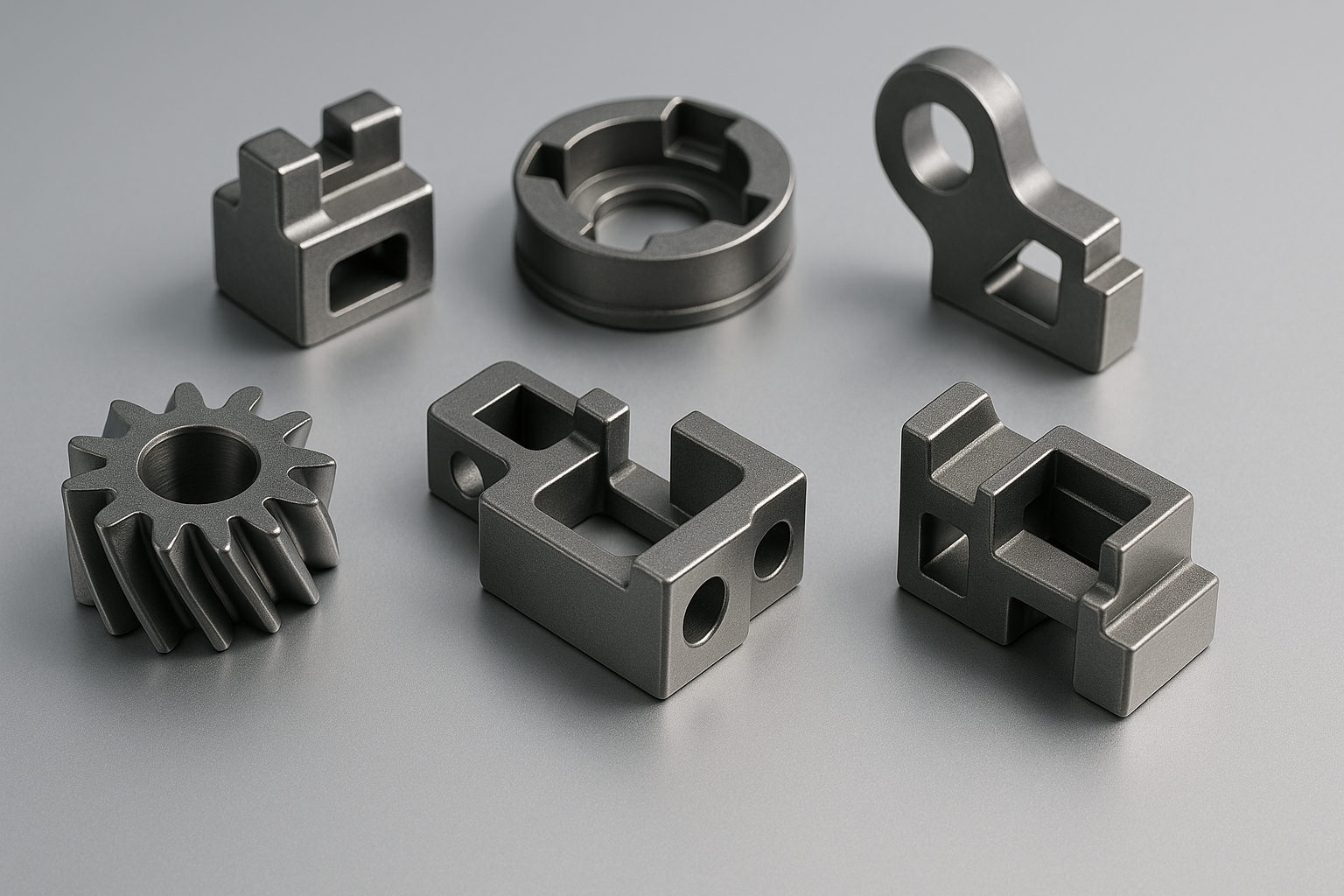
Share:
Vertical Injection Moulding Brings Convenience to Industry
Metal Injection Molding (MIM) Manufacturer-XY Global